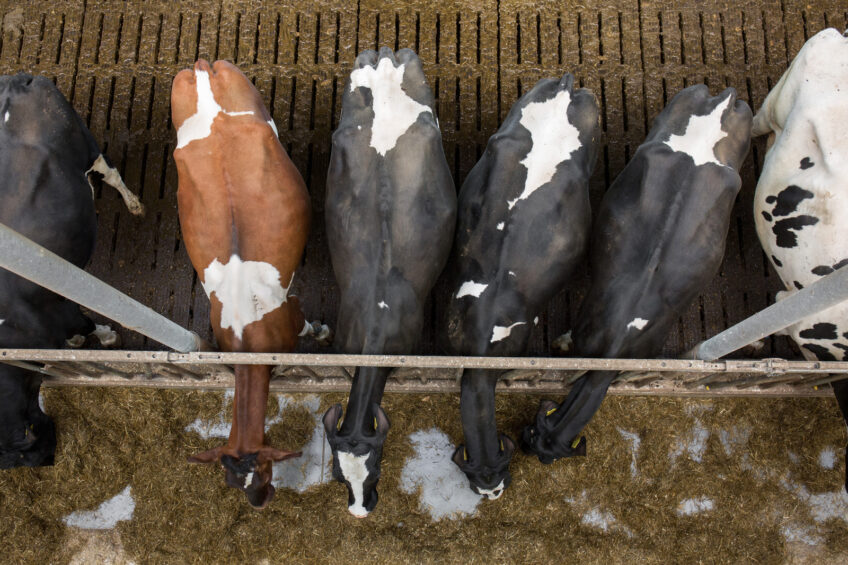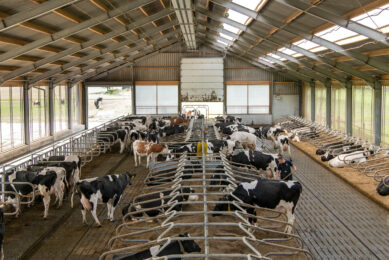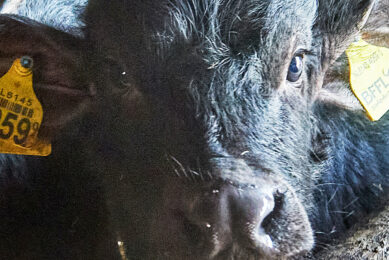Methionine in cow’s diet for better embryos

The amino acid methionine can enhance the survival capacity of embryos, when added to the cow’s diet during the prepartum and postpartum periods.
This was shown by new research from the University of Illinois in the US. Because cows cannot produce methionine, it needs to come from the diet. In the study, researchers began supplementing the diets of 1 group of cows 21 days before they gave birth and continued the supplement through 72 days after birth.
The control group did not receive methionine. 60 days after the cows gave birth, the cows were artificially inseminated. In the first group, the oocytes that came into contact with the semen came from an environment with higher blood methionine concentration than the second [control] group. Approximately 7 days later, the preimplantation embryos of both groups were harvested.
Also read:
Strong focus on cow fertility at Aussie farm
It was shown that the preimplantation embryos from cows that were fed methionine had more lipid droplets inside the embryo. Lipids are molecules that contain hydrocarbons and make up the building blocks of the structure and function of living cells. Examples of lipids include fats, oils, waxes, certain vitamins, hormones, and most of the non-protein membrane of cells.
The team at Illinois now hopes to study the remaining embryos to try to determine why the treated embryos have more lipid droplets. “What are the processes that may be changing in that embryo that allows it to have more fat? Gene expression analysis will allow us to go more in depth on why this is happening,” says U of I animal scientist Phil Cardoso.
[Source: University of Illinois]
Join 13,000+ subscribers
Subscribe to our newsletter to stay updated about all the need-to-know content in the dairy sector, two times a week.










